
Painted walls look fantastic when the paint is freshly dried; however, over time, they can start to look a little lacklustre.
Luckily, you don’t need to whip out the roller again to freshen them up, so long as you use the right tools to dust walls regularly, professional cleaners say.
Here, they explain why cleaning walls is not just a pre-painting prep task and how to prevent dust from making your walls look dull with a simple monthly mop trick.
How managing dust prevents dull walls
For many of us, the only time we consider dusting vertical spaces is when cleaning walls before painting or removing scuff marks from walls. However, as Steven Ip, cleaning expert with Cleanzen, shares, ‘Yes, regularly dusting your walls will help improve the look of it overall, including how vibrant the paint can look, prolonging the life of your paint job.
'Over time, your wall collects not only dust but also oil particles from cooking, steam, and other residue floating around in the house. If left uncleaned, the buildup can contribute to the dullness and also attract mold growth during humid conditions.’
Seeing as walls are one of the places where hidden dust builds up fast in a home, it's a great trick to help reduce allergens, too.
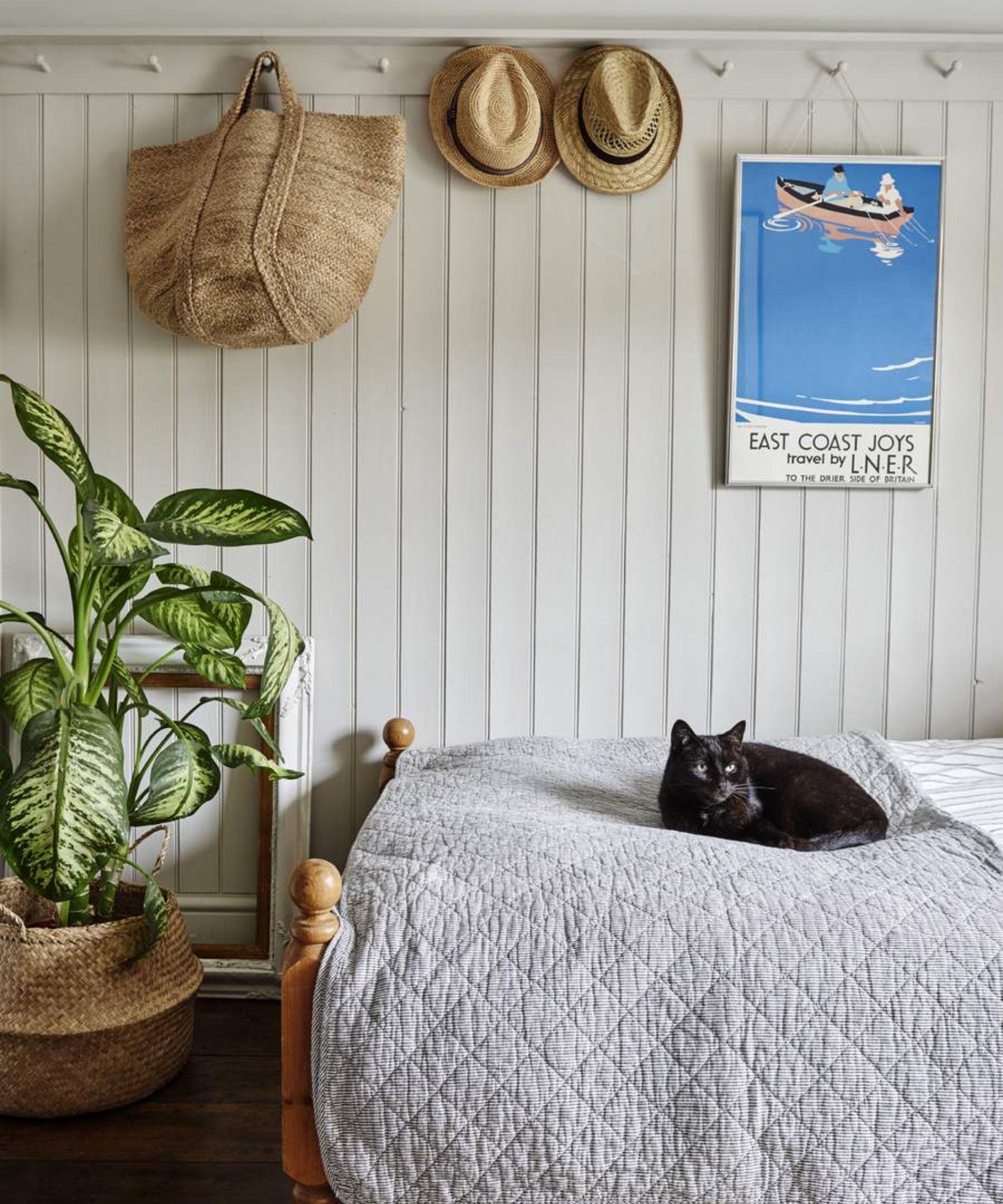
To make this cleaning tip easier, Jade Piper, operations manager at BetterCleans, explains, ‘Your first port of call should be to dust walls with a dry microfiber cloth [from Walmart] or a dry Swiffer mop [available at Target].
‘If they are still looking a little worse for wear, then you can go in with a clean mop dampened with a little water and regular dish soap, such as Dawn, from Walmart. You only want a very small amount of water to avoid damaging your paint or paper.’
The O-Cedar Spin Mop, also from Target, comes with a spin bucket to help you remove as much water as possible from your mop head before cleaning, although we recommend brushing up on how to clean and maintain every type of paint finish, as some paints don’t take kindly to water at all.
Jade continues, ‘Follow up with a dry microfiber immediately after rinsing. If you’re doing a lot of wall space, it’s better to work in small sections so that no areas stay wet for too long and you avoid any patchy-looking spots.’
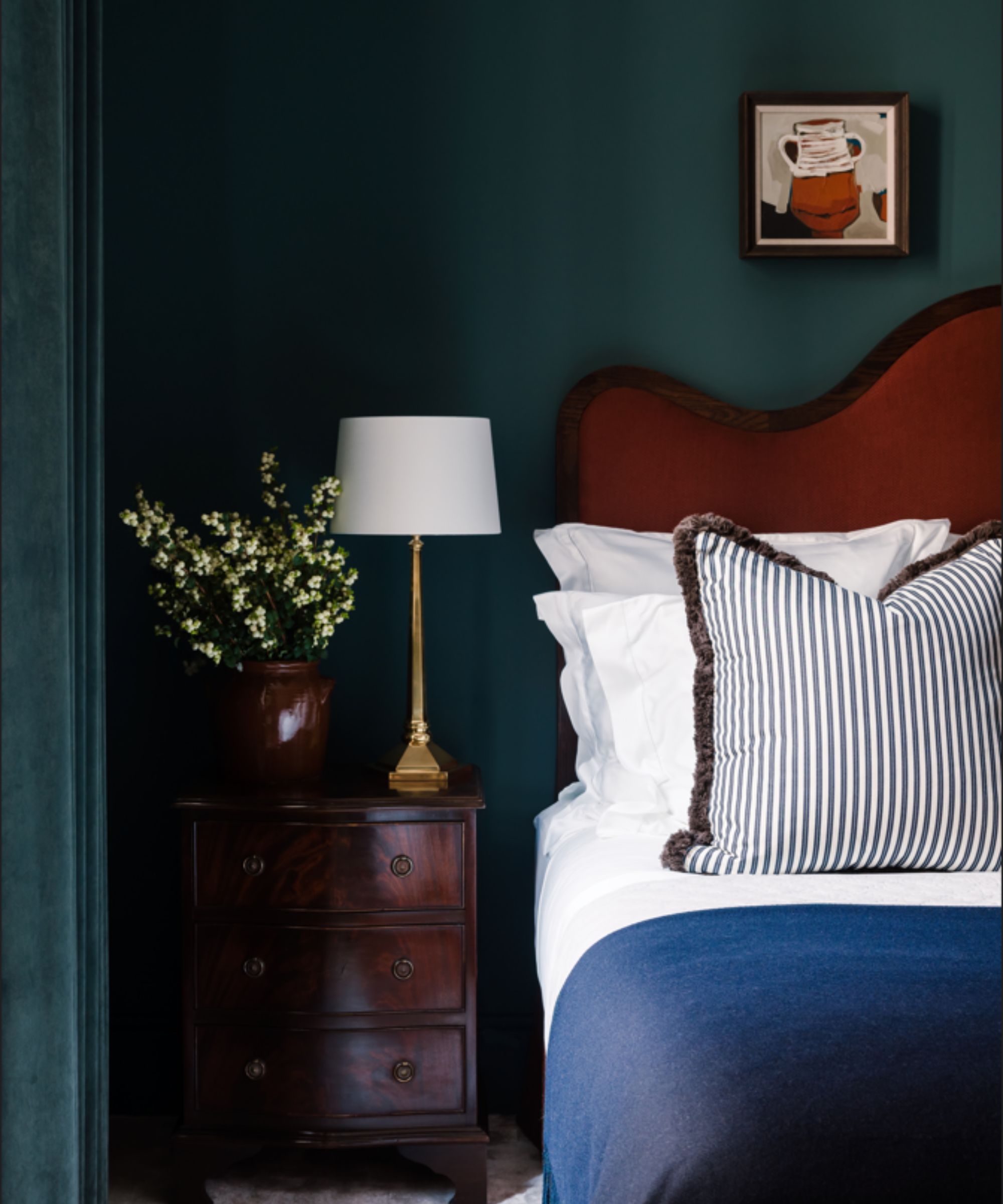
It is not just the dust settling in your home that you should consider. To prevent dust for a consistently clean space, Steven continues, ‘HVAC filters are also a factor in dust on walls. If they are not cleaned regularly, more dust will likely stick to the walls and create a buildup. When cleaned, the filters trap more dust effectively. Ideally, cleaning your HVAC system and focusing on your filters every one to three months helps.’
Over time, your HVAC filters will need to be replaced to maintain efficiency and avoid dusting mistakes, making your home dirtier. To find the correct filters for your make and model, refer to the user handbook (usually also found on the manufacturer's website if you have lost yours).
Otherwise, these universal HVAC filters, from Amazon, come in a large range of sizes and should help in a pinch.
What to shop
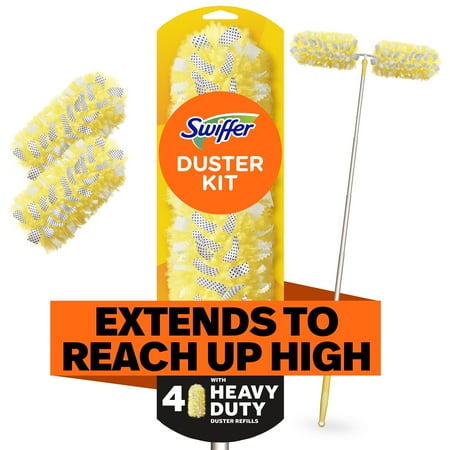
This extending electrostatic duster is perfect for walls, negating the need for a step ladder in taller rooms. Simply shake outside to remove dust and go again.
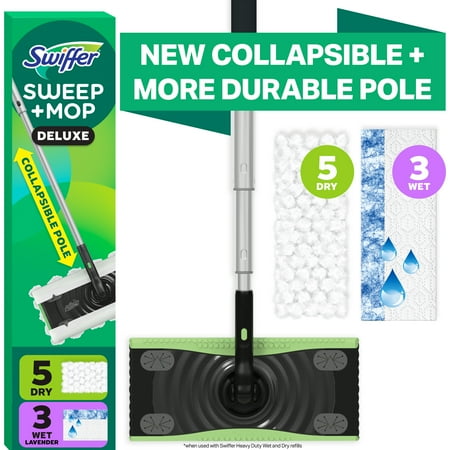
This Swiffer mop system comes with both wet and dry mop pads, making it the perfect tool for dusting and wiping down walls. It also collapses down for easy storage.
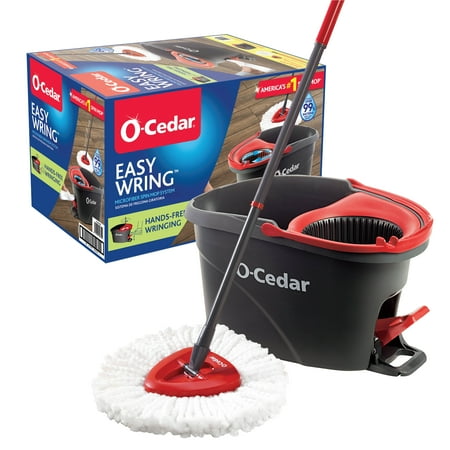
If you opt for the mopping route for lacklustre walls, use a spin mop to control how much moisture is in the mop head before applying it to your walls. This can prevent damage to your paint and plasterwork.
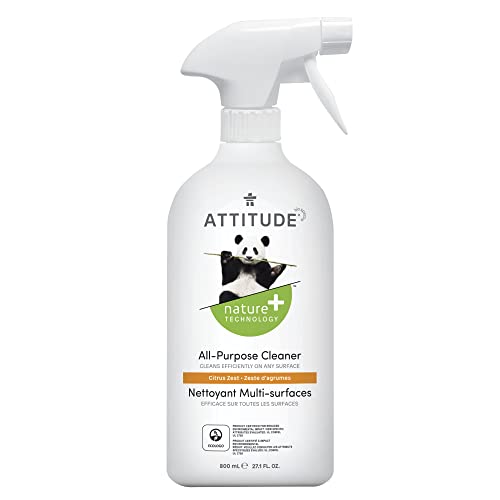
For light dusting, spray an all-purpose spray onto a microfiber cloth before dusting the wall to help collect particles. The Environmental Working Group (EWG) has certified Attitude products as non-toxic, meaning they contain no harsh chemicals or artificial compounds.
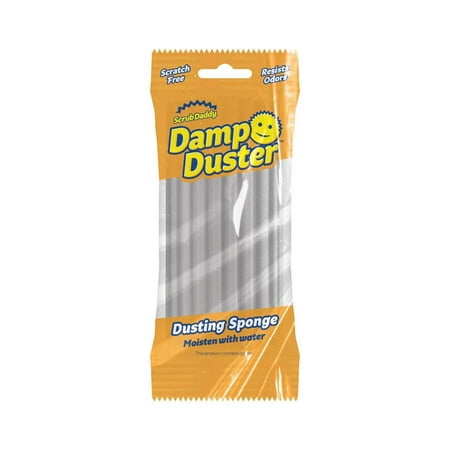
The Damp Duster is great for allergy sufferers as it removes all dust, pollen, pet hair, and more. Affordable, reusable, and conveniently sized, and, better yet, easy to clean – simply wash the sponge with water to remove dust and grime and reuse.
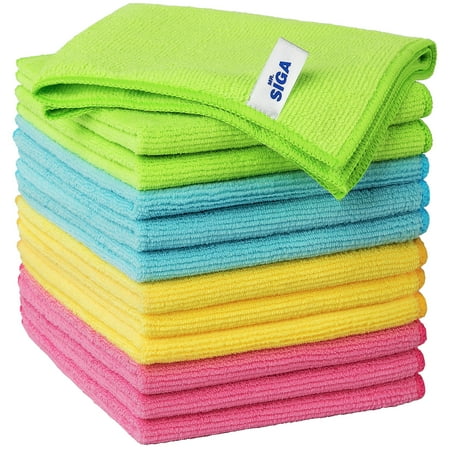
For drive-by dusting and spot treatments, a microfiber cloth works perfectly. Dampening slightly with a cleaning spray or a small amount of water can help to collect dust rather than dislodge and distribute it.
FAQs
Is it okay to wet your walls?
It is okay to use a slightly damp cloth or mop to clean your walls occasionally to tackle scuffs or tough grease buildup, but for regular maintenance, it is best to stick to dusting with a dry cloth or mop. Whenever you can avoid unnecessary moisture on your walls, the better, helping to prevent mold and structural damage.
When cleaning with water, be sure to dry the walls soon after to avoid the moisture soaking in.
Meet the experts
Forgetting to clean your walls is not only damaging your paintwork, but it is also one of the reasons your home gets dusty quickly, too.







